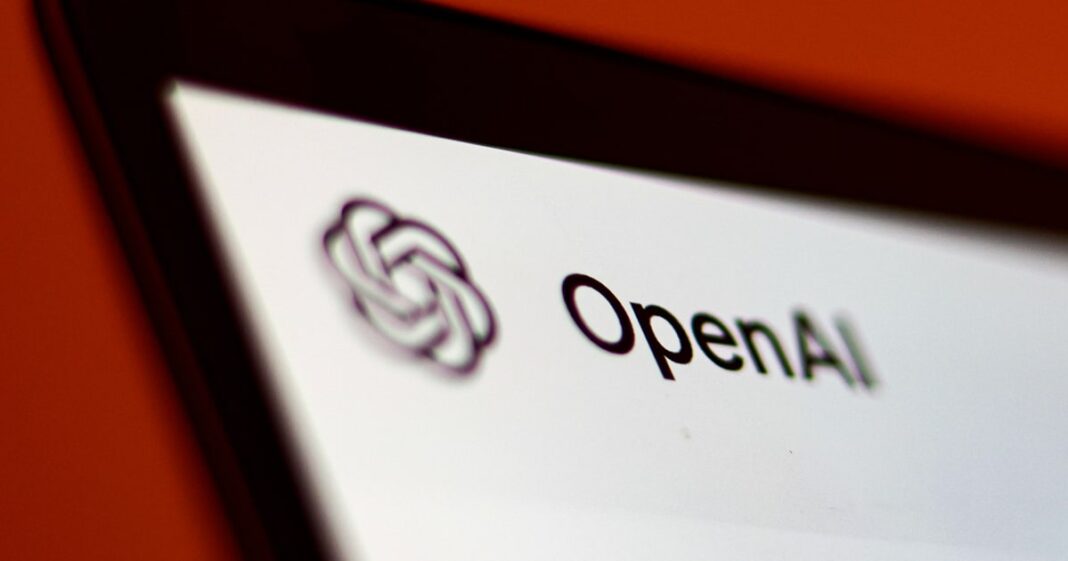OpenAI Launches Atlas: A New Player in the Browser Arena
On Tuesday, OpenAI announced the launch of its own web browser, named Atlas, which signals a bold move in the tech industry and places the company in direct competition with giants like Google. As the reliance on artificial intelligence for answering questions grows, OpenAI is reshaping how users navigate the internet, potentially altering the dynamics of online search.
A Strategic Shift Toward Monetization
OpenAI, often heralded as the world’s most valuable startup, sees Atlas as more than just a browser; it’s an opportunity to transform its user base into a revenue stream. Currently, while over 800 million users interact with ChatGPT—many of whom access the platform for free—the company has been grappling with significant financial losses. By positioning itself as a primary gateway for internet searches, OpenAI aims to capture a larger slice of the digital advertising pie.
Initial Release and Future Plans
Atlas has officially launched for Apple laptops running macOS, with plans to expand its reach to Microsoft Windows, Apple’s iOS, and Google’s Android in the future. This strategy not only reflects the company’s ambition to broaden its footprint but also aligns with its long-term vision of integrating AI functionalities across diverse platforms.
Competitive Landscape: Challenges Ahead
The timing of Atlas’s release is noteworthy, particularly as it follows recent discussions surrounding Google’s Chrome browser. Earlier this year, an OpenAI executive indicated interest in acquiring Chrome if a federal judge mandated the sale to curb Google’s market dominance. U.S. District Judge Amit Mehta ultimately rejected the idea of breaking up Google, citing the rapid advancements in the AI industry that are already reshaping market competition.
Chrome’s Market Stronghold
OpenAI faces significant hurdles in challenging Chrome, which boasts around 3 billion users globally and has been integrating AI features from Google’s Gemini technology. The immense success of Chrome serves as both a benchmark and a blueprint for Atlas. When Google introduced Chrome in 2008, it was a monumental task to topple Microsoft’s Internet Explorer, which was the dominant force in web browsing. Yet, through faster loading times and user-centric features, Chrome swiftly captivated a vast audience, ultimately leading to Microsoft’s shift away from Internet Explorer and the birth of its Edge browser.
The Emergence of Other Contenders
OpenAI is not alone in its endeavors; smaller competitors like Perplexity have also entered the fray, launching their own browser called Comet earlier this year. Perplexity even expressed interest in acquiring Chrome, making an unsolicited $34.5 billion offer that was derailed following Judge Mehta’s ruling against the breakup of Google.
The Future of Browsing
OpenAI’s entry into the browser market is not just about technology; it’s a reflection of the evolving landscape in which AI and digital tools are becoming intertwined. As Atlas makes its debut, the stage is set for fascinating developments in how we search and interact with the web, promising a new era of browsing enriched by AI capabilities.



